Partners
Our project partners consist of academics, utilities, industry, not-for-profit and 17 northern and Indigenous communities in Canada, Alaska, Sweden and Norway. Outlined below are a few of the organizations critical to developing our partnership and achieving success in research related to the deployment of renewables in remote communities.
Social Sciences and Humanities Research Council of Canada
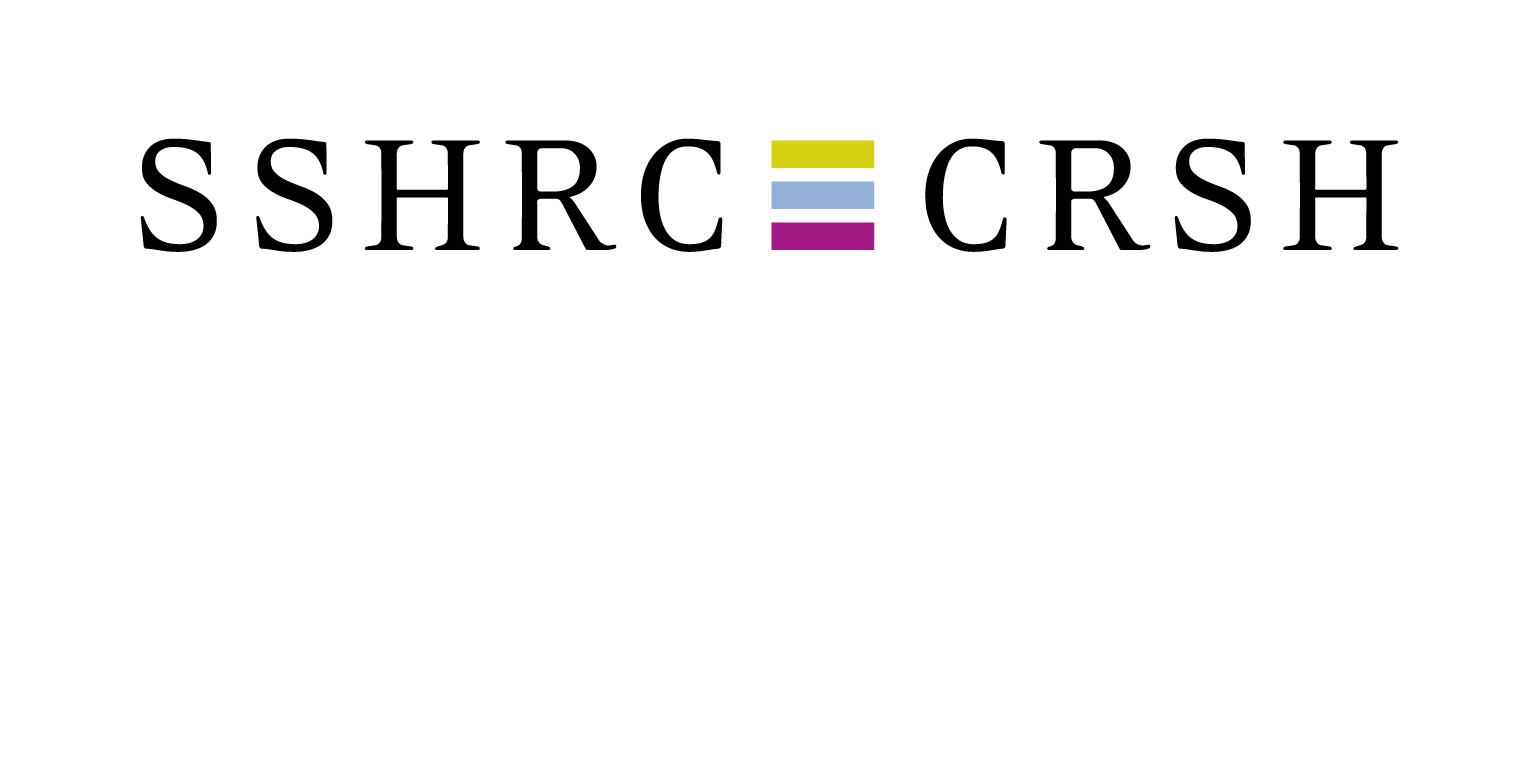
"The goal is to understand what energy security means to northern communities, and co-create knowledge and the capacity to design, implement and manage renewable energy systems that will create new opportunities to enhance their economic and social values”. CASES Co-Director, Dr. Bram Noble
First Nations Power Authority

Founded in 2011, FNPA is an Indigenous governed, not-for-profit development company that works to reduce development costs and risks for Indigenous-led projects. Connecting both Aboriginal and industry leaders in the development of environmentally-preferred power generation projects, FNPA is the first non-profit organization of its kind in North America.
"The First Nations Power Authority enthusiastically confirms our support for and participation in the CASES Partnership and we look forward to working with our community and industry partners to develop meaningful, long-term relationships and foster capacity for renewable energy transition in Canada and the entire Circumpolar North."
- Guy Lonechild, FNPA Chief Executive Officer
SaskPower

SaskPower has been involved with and supported this partnership from it's earliest stages. They generously provided seed funding for the project and continue to be one of the major contibuting partners.
"SaskPower fully supports this partnership and is excited to work alongside a diverse group of experts from academia, northern and Indigenous communities and other utility providers to address the multifaceted sustainable energy challenges facing northern, remote, and Indigenous communities as well as develop new technology frameworks to provide greater energy security to all of Saskatchewan."
- Tim Eckel, Vice President
ONEC

Founded in 2000, ONEC is one of Western Canada’s premier engineering and construction firms with an emphasis on a variety of industries including water, forestry and agriculture, and renewable and alternative energy power sources. Since the company’s founding, ONEC has worked on a variety of sustainability projects and we have developed a deep knowledge of grid-connected renewable and alternative energy generation projects, having worked on wind, solar, biomass, hydro and combined-heat and-power projects.
In addition to being one of CASES supporting partners, ONEC's CEO, Denis Wiart, also serves on the CASES Project Advisory Board.
Canadian Museum for Human Rights

"The Canadian Museum for Human Rights in interested in contributing to this multi-disciplinary, trans-sector and trans-national initiative that will help to advance our mandate of exploring and facilitating dialogue around contemporary human rights issues. This program is an example of how energy justice in Indigenous communities can contribute in a constructive way to exploration and public education on concrete examples of pathways toward reconciliation."
- Dr. John F. Young, President and Chief Executive Officer
Valard

“Valard is committed to community engagement and community-focused strategies, which is why Valard is greatly interested in participating in the Flagship Program. This partnership takes a community-directed approach to understanding, identifying and executing energy sustainability. This partnership will allow Valard to continue to build and maintain strong relationships with the Indigenous Communities that Valard works with and for.”
- Steve Sousa, Chief Commercial Officer
Gwich'in Council International

"This is a timely initiative that responds to both a pressing need at the community level for increased capacity and knowledge about renewable energy opportunities in remote and Indigenous communities. Of particular interest is GCI's Arctic Sustainable Energy Futures Toolkit, which we hope to be able to expand on through this program."
- Grant Sullivan, Executive Director
Gwich'in Tribal Council
"The threat of climate change for Indigenous peoples in the Arctic, such as the Gwich’in of the Northwest Territories, is obvious. We need to start taking immediate action in partnership with other organizations to implement new technologies to ensure the longer term resiliency and sustainability of our communities."
- Ken Kyikavichik, Grand Chief
Luleå University of Technology
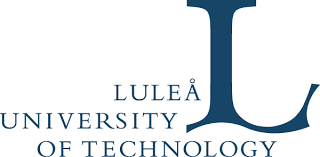
"LTU looks forward to working with the CASES Partnership on this timely and compelling program that has the potential to provide real-life benefits on an international scale. LTU has long-standing experience and interest in technical, political and economic analyses of the institutional preconditions required for energy transitions and the questions of local influence, benefits, benefit sharing and possible trade-offs between renewable energy production and other local values and land uses."
- Dr. Daniel Örtqvist, Professor and Head of the Department of Business Administration, Technology and Social Sciences and Dr. Elisabet Kassfeldt, Professor and Head of the Department of Engineering Sciences and Mathematics
Peter Ballantyne Cree Nation and its Group of Companies

"We fully support this timely and essential partnership that will make great strides in enhancing the quality of life for Canada's Northern and Indigenous communities. We believe it will continue to help the PBCN bring economic and social opportunity and stability to its members."
- Peter A. Beatty, Chief, Peter Ballantyne Cree Nation
Saskatchewan Polytechnic
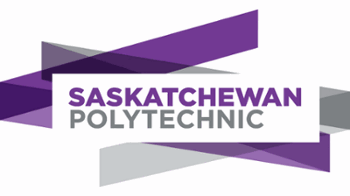
"This program provides the opportunity for students to gain valuable knowledge and experience under an impressive cohort of national and international academic researchers together with industry partners, in a field that is of great importance to the continued development of remote and Indigenous communities in Northern Saskatchewan. The sustainable energy sector has the potential for incredible growth and this partnership will provide students with marketable skills and know-how that will allow them to succeed and eventually lead this industry, in years to come."
- Dr. Susan Blum, Associate Vice-President, Applied Research and Innovation
University of Alaska Fairbanks/Alaska Centre for Energy and Power

"UAF is excited to partner with the U of S and other CASES partner members on this ambitious and important project. The expected research and network-building will enable the growth and advancement of sustainable and renewable energy systems in the circumpolar north that has the potential to bring increased social and economic benefits to the people of Alaska. In particular, this program creates community-to-community partnerships, especially Indigenous-to-indigenous modes of communication that have been lacking across the North."
- Dr. Larry Hinzman, Vice Chancellor for Research, University of Alaska Fairbanks
University of Tromso, UiT The Arctic University of Norway,

"Our diverse, multi-disciplinary group of researchers will bring a distinctive focus and lens to the partnership that will provide unique insights and expertise for the study of other international, northern regions."
- Dr. John Arne Opheim, Faculty Director and Dr. Tore Guneriussen, Head of Research Management, University of Tromso, UiT The Arctic University of Norway
The University of Winnipeg

"This exciting partnership will provide an exceptional opportunity for international collaboration to develop valuable tools for long-term benefit to northern communities for sustainable energy security. This research supports the University's strategic directions of Sustainability, Indigenization, Knowledge Mobilization and Student Experience and Success."
- Dr. Jino Distasio, Vice-President, Research and Innovation
York Factory First Nation
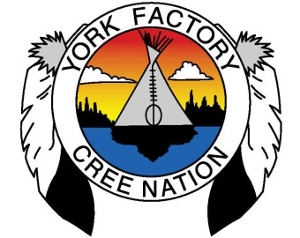
"We believe that more sustainable and environmentally-friendly forms of energy will be necessary for the continued survival of YFFN and other Indigenous communities in the remote areas of northern Manitoba and that this partnership will provide the framework to move forward in this area. We look forward to collaborating with partners to develop much-needed solutions in the area of northern sustainable energy security in Indigenous communities that respects and protects our inherent rights as Indigenous Peoples."
- Louisa Constant, Councillor
QUEST

Finnmark Kraft

Finnmark Kraft develops, builds, and operates wind and hydroelectric power plansts in Finnmark, Norway's northern most country, which is part of the traditional lands of the Sami people. Finnmark Kraft is owned by the 7 power companies that are licensed in Fiinnmark and North Troms as well as the Finnmarkkuopmodat (Fefo), who serves as a major landowner on behalf of all residents of Finnmark. Finnmark Kraaft is an industry partners to the CASES partnership project.
AVEC
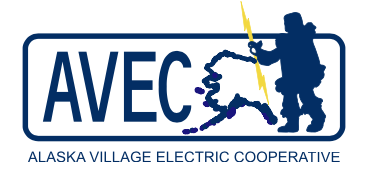
We are excited to work together with the CASES Partnership to co-develop tools to enhance the capacity for renewable energy sources for our member communities and continue to develop our mission to be the best Alaskan utility provider.
Northwest Territories Power Corporation
Town of Churchill

The Town of Churchill is Manitoba's northernmost community and is located at the western edge of the Hudsgon Bay, at the intersection of Canada's boreal forest and tundra. Churchill has relatively few sources of energy available to the community making the long-term viablility of Churchill's energy status a sericous concern for the citizens and governing bodies. Through our participation in the CASES Partnerhip, Churchill will be able to learn from and engage with other remote sister communities in Canada and internationally to understand specific energy needs and develop solutions.
Mitacs

Mitacs is pleased to be one of the partners of the CASES Partnership. We recognize and value CASES's goals to collaborativly design and evaluate innovative and adaptive solutions to enhance the energy security status of Canada's northern and remote communities through a coordinated scientific approach, positioning Canada as a leader in renewable energy and community building. We also strongly support CASES's vision of fostering interdisciplinary and international cooperation in HQP training, which will be essential for the strategic developoment of the renewable energy industry in Canada and the world.

